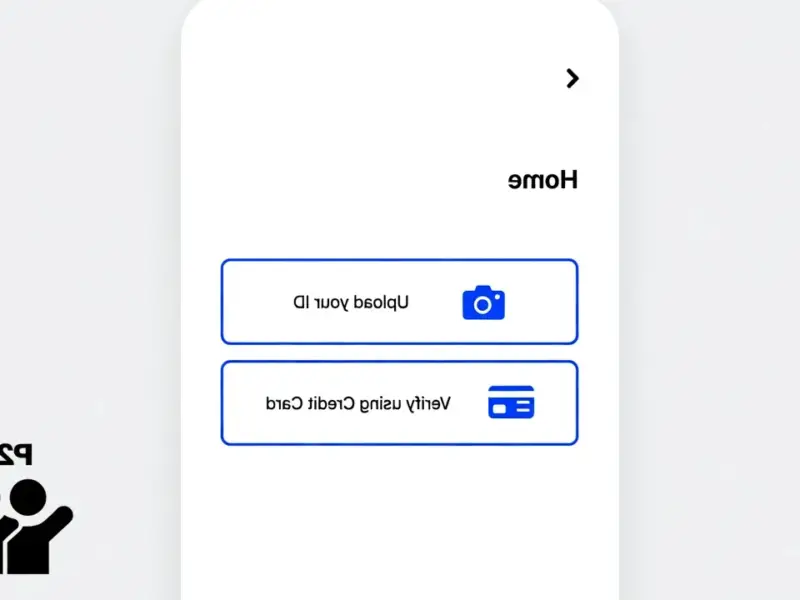According to TechRadar, Australia has added Reddit and Kick to its controversial social media ban targeting users under 16, joining Facebook, Instagram, TikTok, YouTube, Snapchat, and X. The world-first law takes effect December 10, 2025, with platforms facing fines up to A$50 million for failing to block underage users. Communications Minister Anika Wells has warned companies there’s “no excuse for failure” after recent meetings. The law requires platforms to take “reasonable steps” using age-assurance technologies, though critics argue these methods could compromise all Australians’ data privacy. eSafety Commissioner Julie Inman Grant confirmed this is a “dynamic list” that could expand as technology evolves.
The privacy problem nobody’s solving
Here’s the thing about age verification: it’s a privacy nightmare waiting to happen. The government says platforms don’t need to verify every single user’s age, but they do need to take “reasonable steps.” What does that even mean? Basically, we’re talking about companies potentially collecting biometric data or scanning identity documents from millions of Australians. And let’s be honest—when has big tech shown itself to be trustworthy with our personal information?
Kick’s spokesperson actually acknowledged the tension here, saying they want to protect safety “without compromising privacy.” But can you really have both? The methods needed to reliably determine someone’s age online are inherently invasive. We’re creating a system where to protect children, we might be sacrificing everyone’s digital privacy.
The enforcement headache
So how exactly are platforms supposed to pull this off? The law’s ambiguity around “reasonable steps” leaves tech companies in a tough spot. Too aggressive with age verification, and they face user backlash and privacy concerns. Too lenient, and they risk those massive A$50 million fines.
And let’s talk about the global internet reality. Tech-savvy kids have been circumventing restrictions for years using VPNs and other workarounds. When other countries implemented platform-specific bans, users simply masked their locations. Does anyone really think Australian teenagers won’t figure this out? The law might create the illusion of protection while doing little to actually keep determined kids off these platforms.
Why these platforms? Why now?
The inclusion of Reddit and Kick is particularly interesting. Reddit is essentially thousands of different communities—some educational, some concerning. Kick, as Channel News Asia notes, is known for gambling content. But what about Discord, Roblox, and WhatsApp? They’re excluded for now, but the commissioner says assessments are ongoing.
This selective approach raises questions about how regulators are drawing these lines. Is it about actual risk to children, or about political visibility? And as technology evolves, where does this stop? Every new platform potentially becomes a target for inclusion on this “dynamic list.”
The global experiment
Australia is essentially running a massive experiment that the whole world is watching. If this approach works, we’ll likely see similar laws pop up everywhere. If it fails—either through privacy breaches, enforcement failures, or easy circumvention—it could set back online safety efforts for years.
The government’s heart might be in the right place. Commissioner Inman Grant talks about giving children “time to learn and grow free of opaque algorithms.” But good intentions don’t always make good policy. We’re about to find out whether protecting kids online requires sacrificing the privacy and freedom of everyone else. And honestly? I’m not optimistic about how this plays out.




